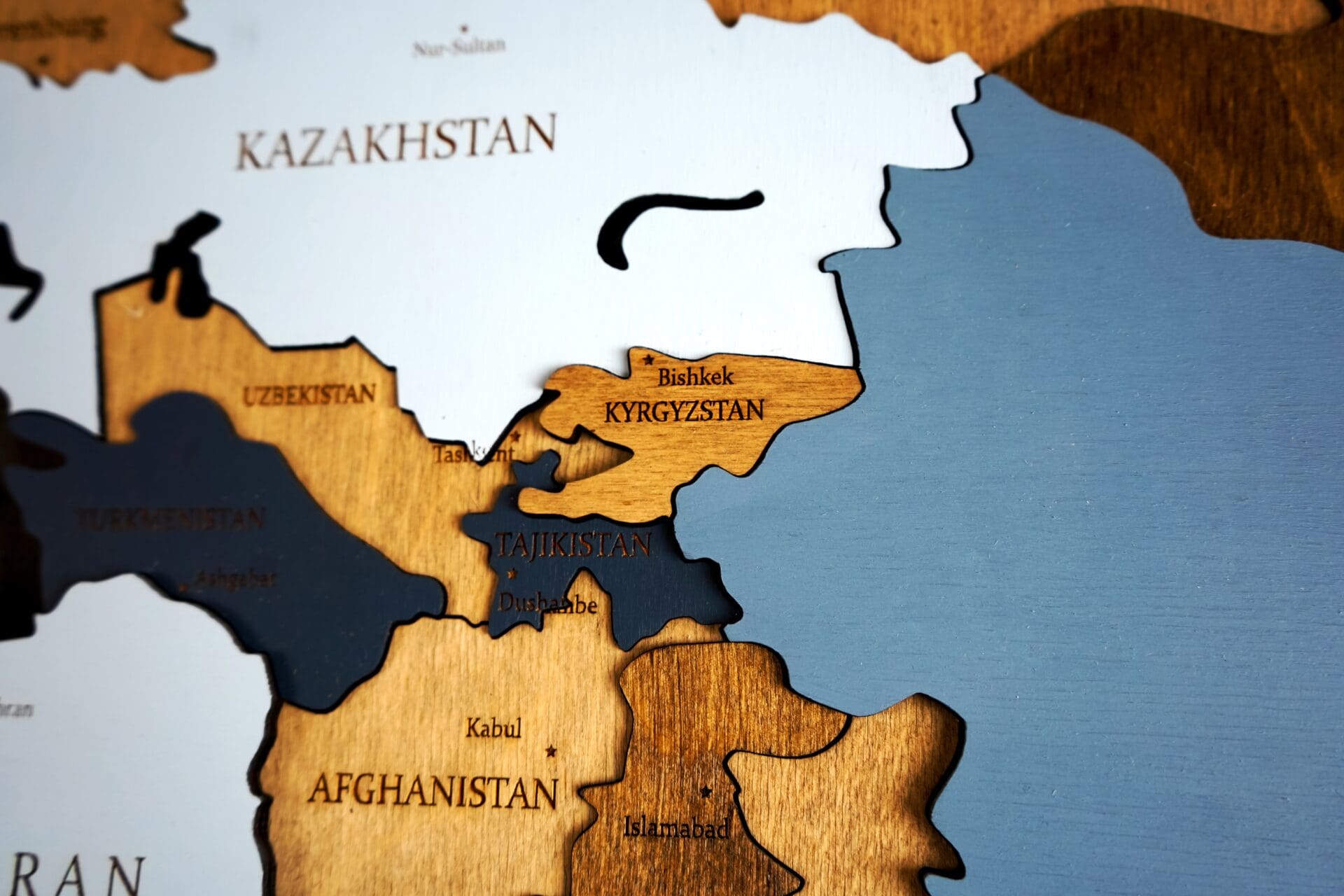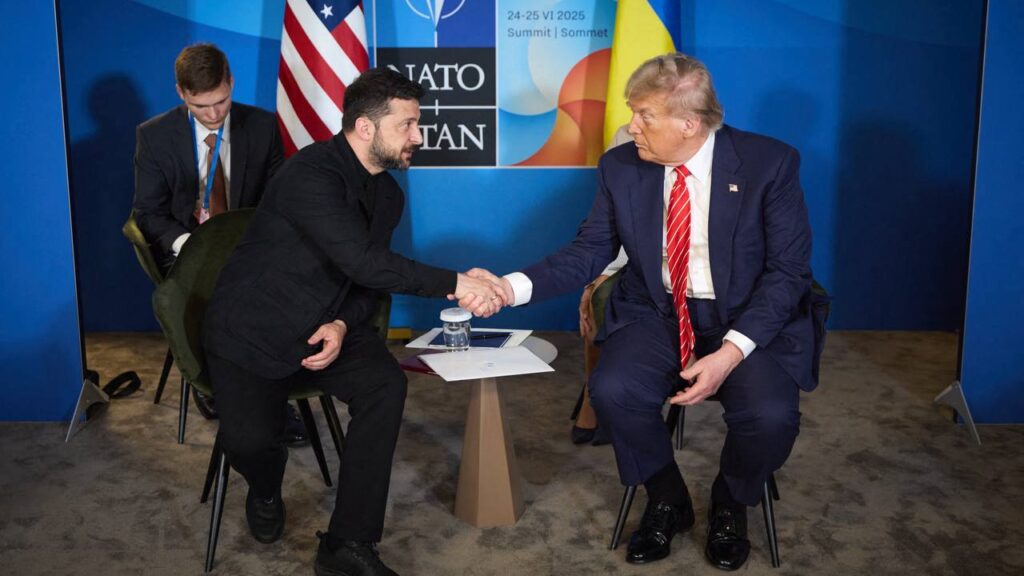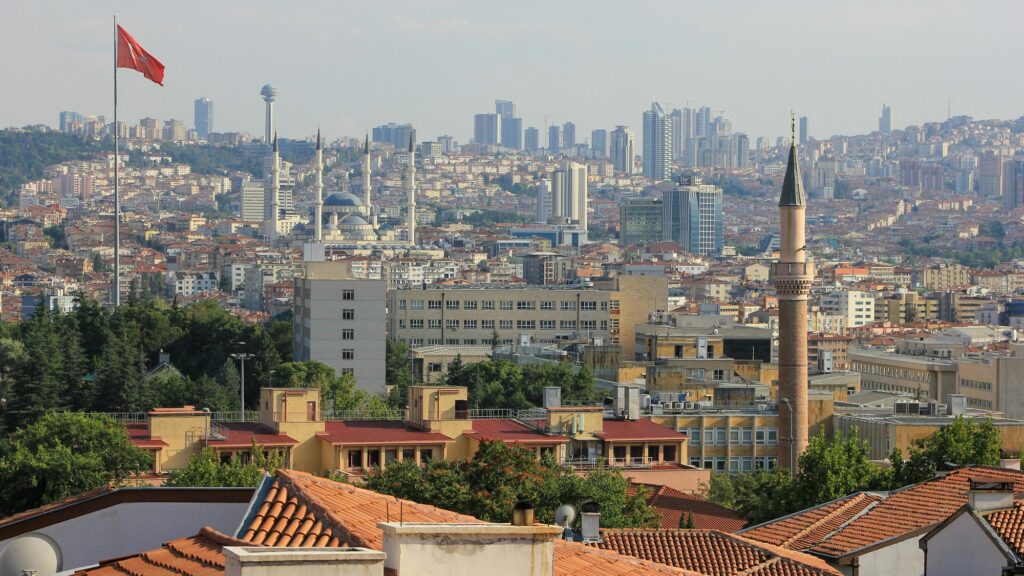In the Russian Federation there are around 4 million migrant workers—in big cities like Moscow their presence and sub-cultures are particularly visible. Migrant workers are mostly coming from Central Asia (countries like Tajikistan and Kyrgyzstan have each given one million migrant workers to Russia) and to some extent from the Caucasus (primarily from Armenia and Georgia). The strong presence of migrant workers leads to cultural conflicts, with landlords on booking websites often explicitly stating that they will only accept Russians or other Slavs as tenants, and that people from other ethnic backgrounds should not even try to view the accommodation advertised. Another factor of the large outflux of migrant workers is that their source countries are strongly dependent on Russia for migrant remittances. Indeed, some of the Central Asian countries are the most remittance-based economies globally.
According to the World Bank, in 2020 remittances to Kyrgyzstan amounted to 31 per cent of its GDP, while remittances to Tajikistan equalled to 27 per cent of its GDP. These statistics make Tajikistan and Kyrgyzstan the most remittance dependent economies in the world and the country they depend on is Russia. In 2021, 82 per cent of remittances to Kyrgyzstan and 76 per cent of remittances to Tajikistan came from Russia. With the sanctions imposed on Russia, these countries are the first to suffer the economic consequences as remittances are expected to rapidly dry out. As sanctions burden the Russian economy, the unemployment rate in Russia is projected to increase from 4.4 to 7.8 per cent, the least educated workers with minimal Russian knowledge, typically from Central Asia, are already losing their jobs.
As a result of the sanctions-induced economic crisis in Central Asia the poorest region in Kyrgyzstan, where already 35 per cent of the population lives on less than $1 a day, is expected to become even poorer, with 50 per cent of its population set to sink below the global poverty line, the Economist predicted. In previous years, remittances to Kyrgyzstan reduced poverty rates by 11 per cent, therefore, without this source of foreign income extreme poverty is expected to rapidly increase to 38 per cent. The World Bank predicted that the Kyrgyz economy would shrink by 5 per cent this year and lose one third of its remittances. Tajikistan is expected to experience a 2 per cent decline in its GDP, while the proportion of people unable to afford nutritious food is expected to increase from 20 to 36 per cent this year only. While the above-mentioned two countries are the most exposed to shocks caused by an economically troubled Russia, more than 50 per cent of remittances to Georgia, Armenia and Uzbekistan are also coming from Russia. The Tajiks and the Kyrgyz have nothing to do with the war in Ukraine, yet they are being pushed into extreme poverty by Western sanctions that were officially designed to target Russia.
No one should know better how globalised and interconnected the world is than the elite of supranational organisations such as the EU. Yet when this body decided to levy sanctions on Russia, it either forgot that due to globalisation sanctions will also end up hurting those in the sphere of influence of the targeted superpower or thought that any suffering caused ‘on the margins’ is acceptable to punish the ‘evil Empire’. Whichever of these two possibilities is the case, it shows how problematic the Western world’s decision was to sanction Russia. If EU leaders had not considered in any of the eight instances when a sanctions package was accepted against Russia how their decision would impact Central Asia, they should be called out for their lack of expertise and foresight. If, alternately, EU leaders were well aware of the chain reaction sanctions set into motion in other parts of the post-Soviet sphere, and they still approved those sanctions that increase global poverty, they are guilty of a blatant lack of compassion. Justifying the malnutrition of Central Asian people as tolerable ‘collateral damage’, in order to achieve the ultimate goal, the punishment of the ‘evil Empire’ for its wrongdoings, is immoral. Sanctions that target a whole country, instead of specific individuals always hurt innocent, ordinary people the most, be they European citizens who cannot afford to pay their electricity bills, or Central Asians who now live in extreme poverty. These people are not guilty of the war between Ukraine and Russia; therefore, they should not be punished for it.








